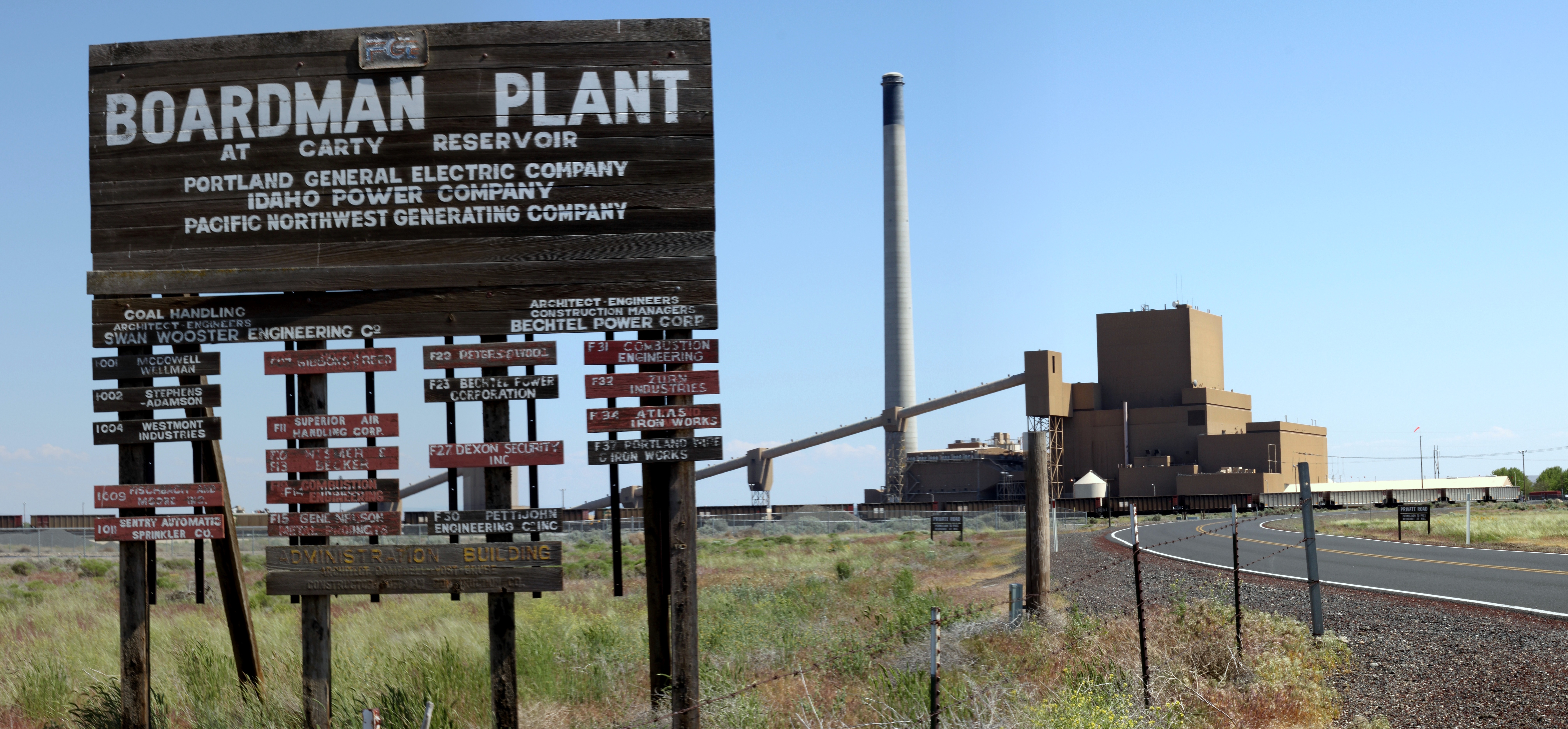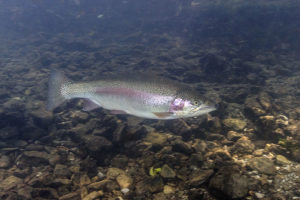We have much more to do and your continued support is needed now more than ever.
Biomass for Electricity – Will it Affect Ecosystems and Fish?

Trout are the “gateway drug” for fishing fanatics in the Pacific Northwest. Trout are iconic due to their abundance, their tenacity, accessibility, and fragility. Of all the cold-water fishes in the nation, trout are the most highly sought after.
Redband rainbows are in a class of their own. They don’t do well “domesticated,” therefore they are as synonymous with wilderness as the bison is to the Great Plains. Despite their ability to thrive in the high desert, they are still incredibly vulnerable, and like most of the species we’ve brought to the brink of extinction, we don’t even know what future threats await for these majestic fish. Redbands exist in our high desert lakes, rivers and streams, where cold water is a necessity, and often in short supply. They don’t often have the luxury of feeding on protein sources other than insects, leeches, and salamanders so they experience slower growth rates than species that have access to saltwater protein derivatives such as cutthroat trout, salmon, and steelhead. Also the redband’s growing season is considerably shorter than fish living in less harsh winter environments.

When we think of stream complexity, we think of wild coho habitat and our log-less rivers along our coastlines. But this unique strain of rainbow trout have the same habitat needs as any other salmonid. It’s really common sense that large wood, which is not so prevalent in the high desert, breaks up water currents that provide a place to conserve calories and grow insects that feed these fish. It’s for that reason, as our population grows and energy demands only increase, we have to pay attention to how we manage these lands for not just our energy needs, but also our social and economic needs tied to species such as the redband. Federal agencies already have it listed as a “Species of Concern,” let’s leave it at that.
So besides the obvious dewatering of our streams and aquifers of our high desert aquifers, what else do we need to pay attention to? It seems even some of our conservation-minded policy-makers may not be looking at the rest of the story when it comes to a specific form of energy: biomass. This involves making electricity by burning wood or other plant material. With tree die-offs from all the extreme temperatures we’ve been experiencing in the recent drought years (thank God we got a reprieve from that this year), and the tremendous amount of beetle kill that exists across our arid landscape, it seems corporations and private entities are anxious to get their hands on the dead and dying “fuel”—the wood from Oregon’s forests—calling it a fire suppression measure to save our forest lands. There certainly is some truth to that, but we can’t overlook the needs of the ecosystem.
And while it’s a good idea to reduce the possibility of catastrophic wildfires that scar our landscape, what exactly are the likely impacts of biomass consumption for the ecosystem? Here are some things to consider when weighing the benefits of biomass consumption:
- The removal of potential habitat for fish and wildlife
- The effects of greenhouse gas emissions that contribute to climate change and the acidification of our aquatic ecosystems
- Is biomass cost competitive or are rate payers going to pay for additional costs?
As our fish and wildlife continue to disappear, Americans are asking the harder questions as to why, and what impacts do we have on our fragile ecosystems. Harvesting and hauling wood out of the forests to expressly to burn it to generate electricity is a relatively new concept, but its short record doesn’t bode well for a sustainable future for fish and wildlife. We can do better.
There may be a future for biomass energy consumption, but if it’s not carefully reviewed and implemented, we’ll be playing catch-up, or pitching for millions of dollars in mitigation money to counter the negative impacts once we find out what those are. Despite being only a century old, the industrial revolution has taught us what harms our environment and what doesn’t. Ignorance is no longer an excuse for how we manage our society’s needs. The Association of Northwest Steelheaders is going to be keeping a watchful eye on how this conversation unfolds.





















